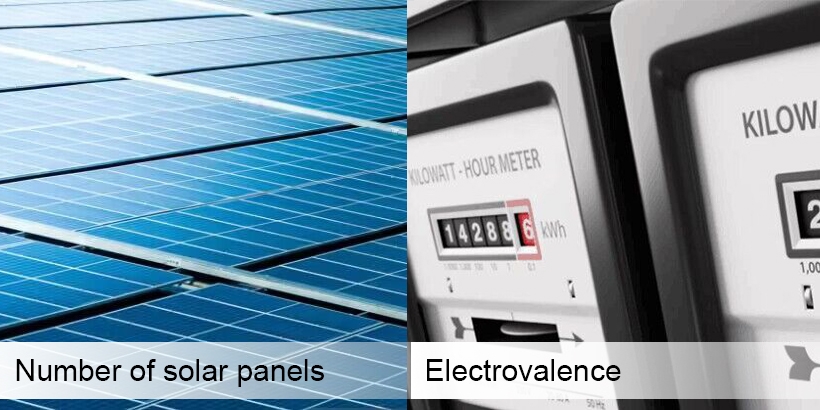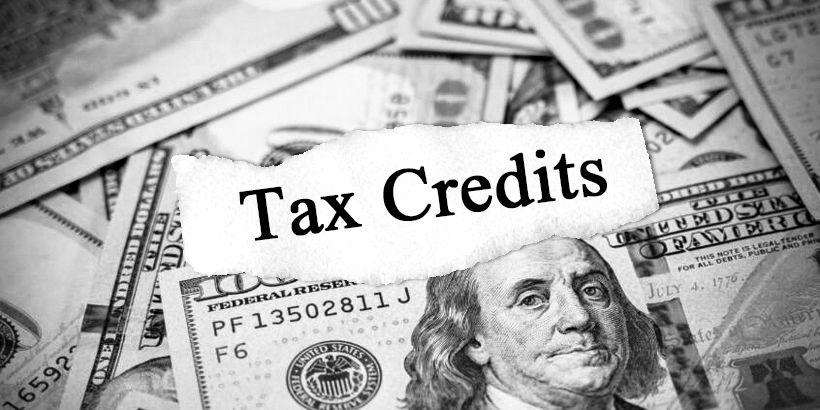Solar panels are a great way to potentially save money on your electric bill—something we can all get behind! At Powerhome, powering your home, we offer premium solar panels for your home designed to help you reduce your carbon footprint and potentially reduce your grid power spending. Let’s discuss how a custom solar system from Powerhome can potentially save you money over time.
Factors Impacting Your Potential Solar Savings
There are many factors that can impact how much you could potentially save with solar panels, including the following:
- The number of solar panels in your solar system
- Your home’s current energy consumption
- Grid electricity rates in your area
- The amount of sunlight your home receives
- Your electric bill savings goals
Your routine and your home’s unique energy needs mean your potential savings could vary over the lifetime of your solar panel system.

Make The Most Of Your Solar Panels
Your solar panel system is only the beginning. Once solar panels are installed on your home, there are additional options for increasing your potential savings.
Reduced Electricity Costs
After installing pv solar panels, you can harness solar energy, significantly reducing your dependence on electricity purchased from the grid. On sunny days, a solar system can fully meet your electricity needs, which means you might not need to pay for electricity at all in certain months. Many regions have net metering policies that allow you to feed excess electricity generated by your solar system back into the grid, for which you receive compensation from the utility company. This compensation is usually reflected as a deduction on your electricity bill, further lowering your electricity costs. Additionally, solar power reduces your reliance on grid electricity, thus mitigating the impact of rising electricity rates. Even if future electricity prices increase, you can continue to enjoy relatively stable electricity costs.
Tax Credits and Incentives
In the United States, households that install solar systems can benefit from the federal Solar Investment Tax Credit (ITC). Currently, this credit covers 30% of the installation cost. For instance, if your solar system installation costs $10,000, you can save $3,000 through the tax credit, significantly lowering the initial investment cost. Besides the federal tax credit, many state and local governments offer various incentives to encourage solar installations. These incentives may include cash rebates, tax deductions, low-interest loans, or subsidies. For example, some states may provide an additional 20% tax credit, meaning you can save an extra $2,000. Additionally, in certain areas, solar system owners can earn extra income by selling Renewable Energy Certificates (RECs). For every specified amount of clean energy produced, you earn a REC, which can be sold to companies needing to offset their carbon emissions.

Long-term Return on Investment
Installing a solar system can significantly increase the value of your property. Research shows that homes equipped with solar panels typically sell for higher prices on the market. Buyers are willing to pay more for homes with pre-installed solar systems because they know they can benefit from them. A solar system can usually pay for itself within 5 to 10 years, after which the electricity produced is almost free. For example, if your solar system saves you $1,000 on electricity bills annually, and the total installation cost is $10,000, your return on investment period would be 10 years. Considering that the lifespan of solar panels typically exceeds 25 years, you could enjoy over 15 years of free electricity. Solar panels require minimal maintenance, usually just regular cleaning to ensure the photovoltaic surface is free of dust and debris, along with periodic inspections to ensure the system is operating correctly. Compared to other energy systems, the operation and maintenance costs of solar systems are much lower.
By thoroughly understanding the reduction in electricity costs, tax credits and incentives, and long-term return on investment, you can clearly see the economic benefits and long-term value of installing solar panels. This not only ensures future energy cost savings but also contributes to environmental protection.
(1).png)
(1).png)